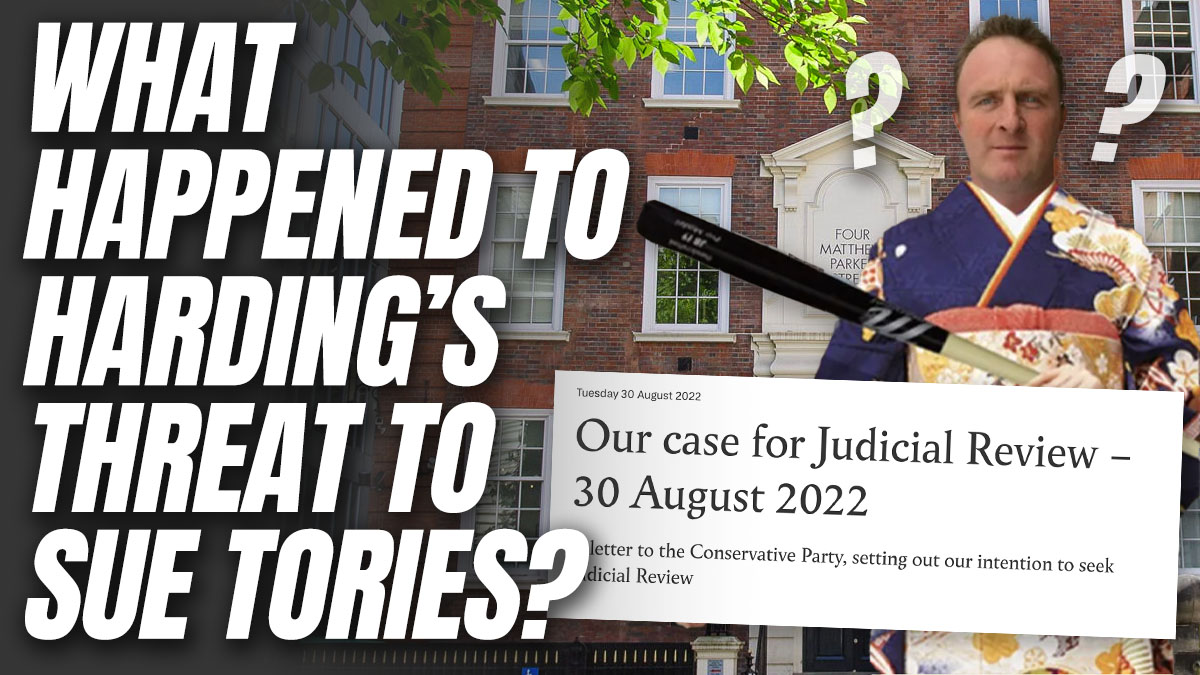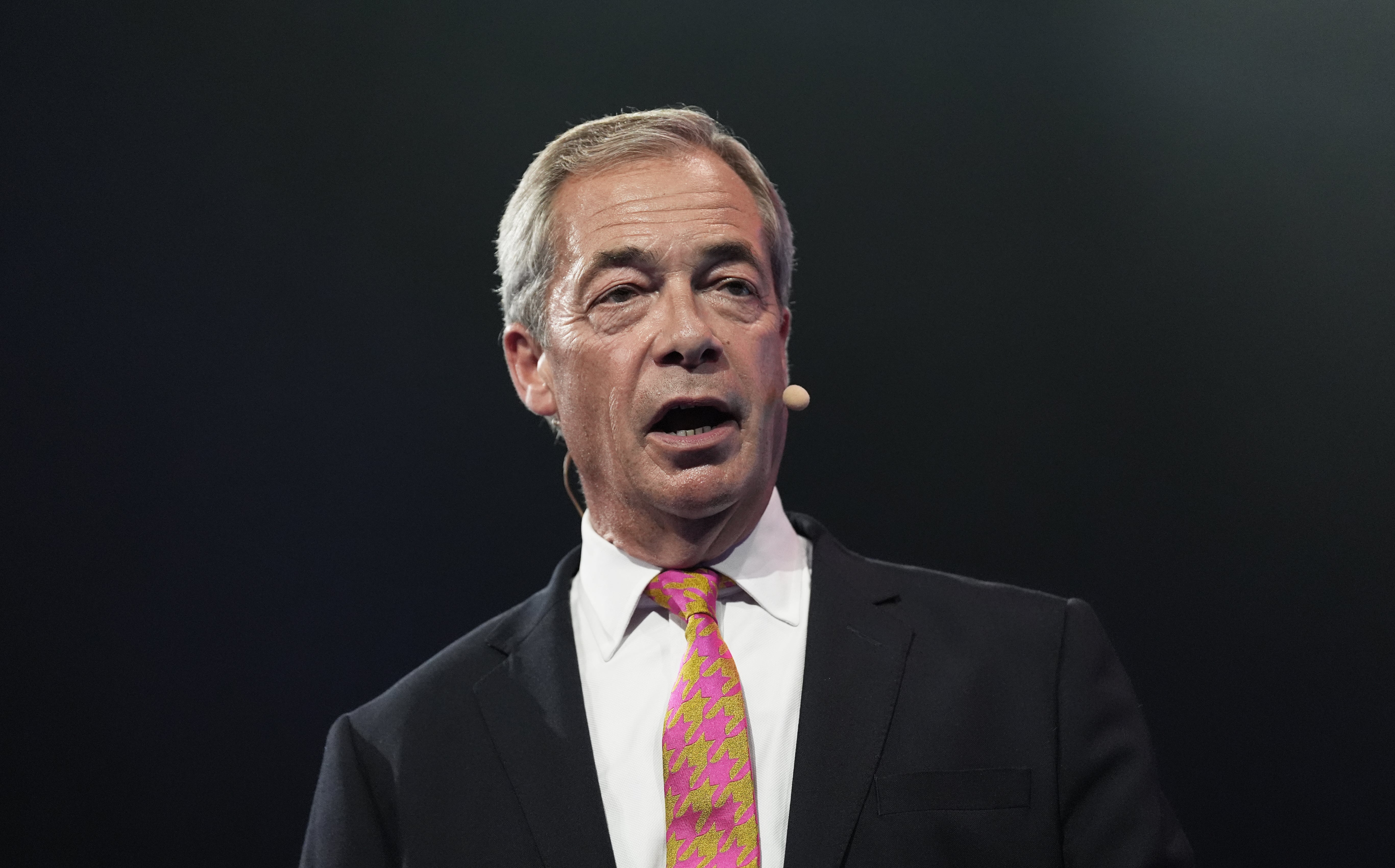Energy Policy Changes: Following Guido Fawkes' Assessment

Table of Contents
Guido Fawkes' Critique of Recent Energy Policy Shifts
Guido Fawkes, known for his outspoken commentary on British politics, has consistently voiced concerns about the direction of UK energy policy. While not explicitly stating a singular, overarching position (e.g., completely pro- or anti-renewable), his critiques often center on cost-effectiveness, energy security, and the practical implications of transitioning away from fossil fuels. [Link to a relevant Guido Fawkes article/video criticizing energy policy].
Focus on Renewable Energy Sources
Fawkes' views on renewable energy are nuanced. While acknowledging the need for a greener future, he frequently questions the economic viability and environmental impact of certain large-scale renewable energy projects.
- Wind Power: He has criticized the visual impact of onshore wind farms and questioned their cost-effectiveness compared to other energy sources, citing examples of projects exceeding budget and experiencing delays. [Link to supporting data/article].
- Solar Power: He has pointed out the intermittency of solar power, highlighting the need for reliable backup power sources and the land-use requirements of large solar farms. [Link to relevant Fawkes commentary].
- Tidal Power: While often expressing more positive sentiment towards tidal energy's potential, he has also voiced concerns regarding the high upfront investment costs and potential environmental impacts on marine ecosystems. [Link to supporting evidence].
The potential consequences, according to Fawkes' analysis, include increased energy costs for consumers and an unreliable energy supply if the transition to renewables is not managed effectively.
Fossil Fuel Dependence and Policy Implications
Fawkes is critical of policies that he perceives as prematurely phasing out fossil fuels, arguing that the UK remains heavily reliant on them for baseload power.
- Gas Pricing: He has highlighted the vulnerability of the UK energy market to fluctuating global gas prices, arguing that reliance on imported gas leaves the country exposed to geopolitical instability. [Link to relevant article].
- Exploration Licenses: He has often questioned the government's stance on granting new licenses for fossil fuel exploration, arguing that this contradicts the stated goal of achieving net-zero emissions. [Link to supporting evidence].
The economic implications, according to Fawkes, include higher energy prices and potential energy shortages, while the environmental implications are seen as a continued contribution to climate change.
Energy Security and National Grid Stability
A recurring theme in Fawkes' commentary is the concern for energy security and the stability of the national grid. He emphasizes the risk of power outages and disruptions resulting from over-reliance on intermittent renewable energy sources.
- Smart Grid Investments: He has called for increased investment in smart grid technologies to better manage the integration of renewables and ensure grid stability. [Link to relevant Fawkes commentary].
- Infrastructure Projects: He has analyzed the progress (or lack thereof) of key infrastructure projects related to energy transmission and storage, suggesting these are crucial for a reliable energy supply. [Link to supporting data].
Fawkes advocates for a more balanced approach, combining renewable energy development with continued reliance on reliable baseload power sources until sufficient renewable energy storage and grid infrastructure is in place.
Alternative Perspectives on Energy Policy Changes
While Fawkes’ critiques offer a valuable perspective, it's important to consider alternative viewpoints.
Governmental Responses and Justifications
The UK government defends its energy policies, arguing that they are necessary to meet climate change commitments and enhance energy security. They cite investments in renewable energy infrastructure, energy efficiency schemes, and support for emerging technologies as evidence of their commitment. [Link to official government publications on energy policy].
Expert Opinions and Research
Independent research institutions and energy experts offer a range of perspectives on the effectiveness and impact of current energy policies. Some support the government's emphasis on renewables, highlighting the long-term environmental and economic benefits. Others echo Fawkes' concerns about cost and reliability, advocating for a more cautious and balanced approach. [Link to independent research reports on UK energy policy].
The Impact of Energy Policy Changes on Consumers
The impact of energy policy changes on consumers is significant and multifaceted.
Energy Bill Increases and Consumer Burden
Changes in energy policy, coupled with global factors, have contributed to significant increases in household energy bills. Statistical data reveals a clear upward trend in average energy costs over recent years. [Link to relevant statistical data on energy price fluctuations].
Government Support Schemes and Initiatives
The government has implemented various support schemes to help consumers cope with rising energy costs. These include measures such as the Warm Home Discount, energy efficiency grants, and price cap mechanisms. The effectiveness of these schemes remains a subject of debate. [Link to information on government energy support schemes].
Conclusion
This article has examined recent energy policy changes in the UK, analyzing Guido Fawkes' assessment and offering counterpoints. Fawkes' critiques highlight important concerns regarding renewable energy adoption, fossil fuel dependence, and energy security. While his perspective offers valuable insights, it's crucial to consider alternative viewpoints and the broader context of governmental strategies and independent research. Understanding these different perspectives is essential for forming an informed opinion about the UK's future energy policy changes. To stay updated on this evolving issue, continue researching and engaging with diverse sources of information on energy policy changes.

Featured Posts
-
 Is Riot Platforms Stock A Buy At 52 Week Lows
May 03, 2025
Is Riot Platforms Stock A Buy At 52 Week Lows
May 03, 2025 -
 The Impact Of Nigel Farage On Reform Uks Political Rise
May 03, 2025
The Impact Of Nigel Farage On Reform Uks Political Rise
May 03, 2025 -
 Is This Christina Aguilera Fans Question Heavily Edited Photos
May 03, 2025
Is This Christina Aguilera Fans Question Heavily Edited Photos
May 03, 2025 -
 Ma Hw Mtwqe Mn Blay Styshn 6
May 03, 2025
Ma Hw Mtwqe Mn Blay Styshn 6
May 03, 2025 -
 Farage Faces Backlash From Teaching Union Over Far Right Claim
May 03, 2025
Farage Faces Backlash From Teaching Union Over Far Right Claim
May 03, 2025
